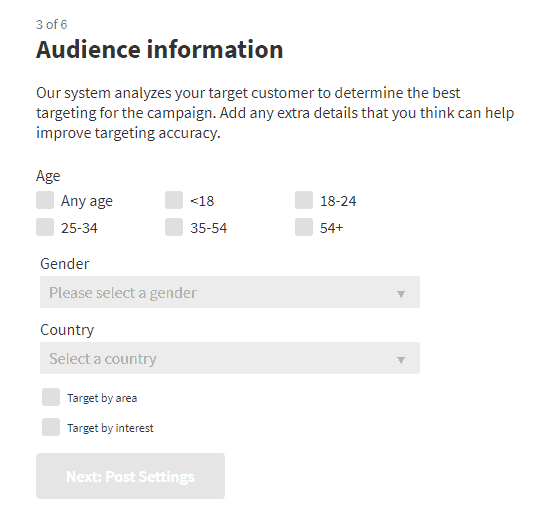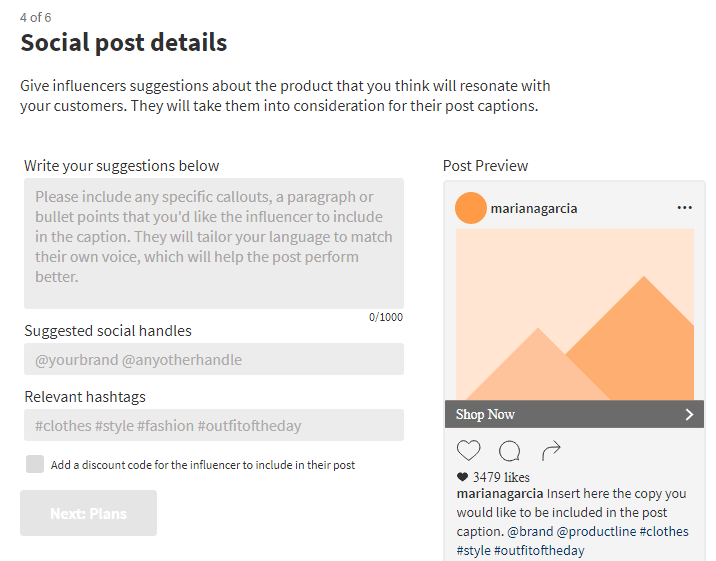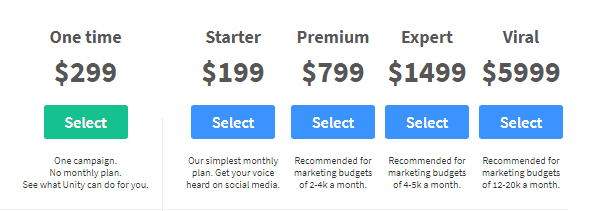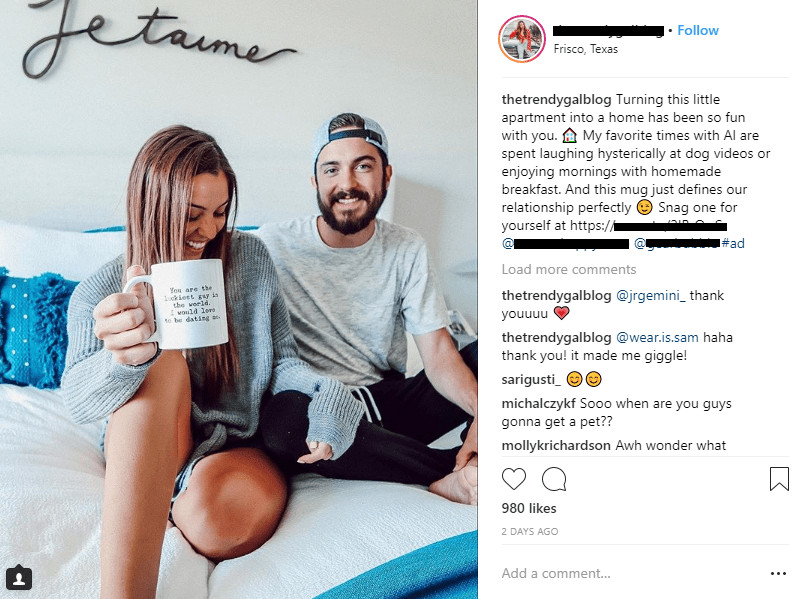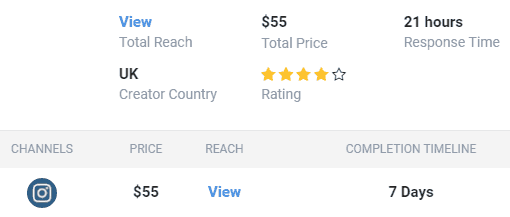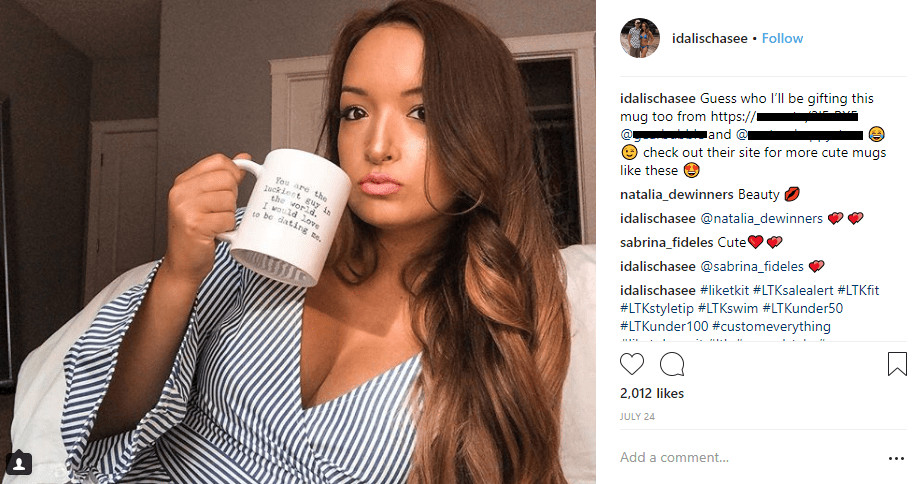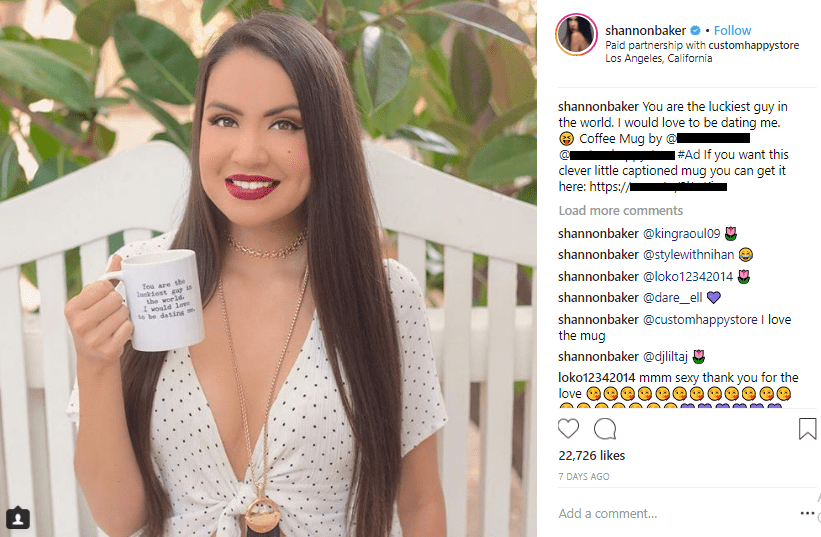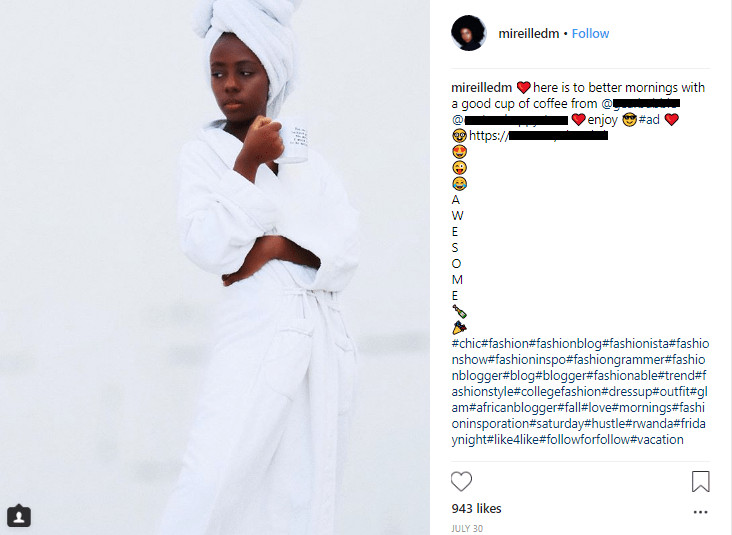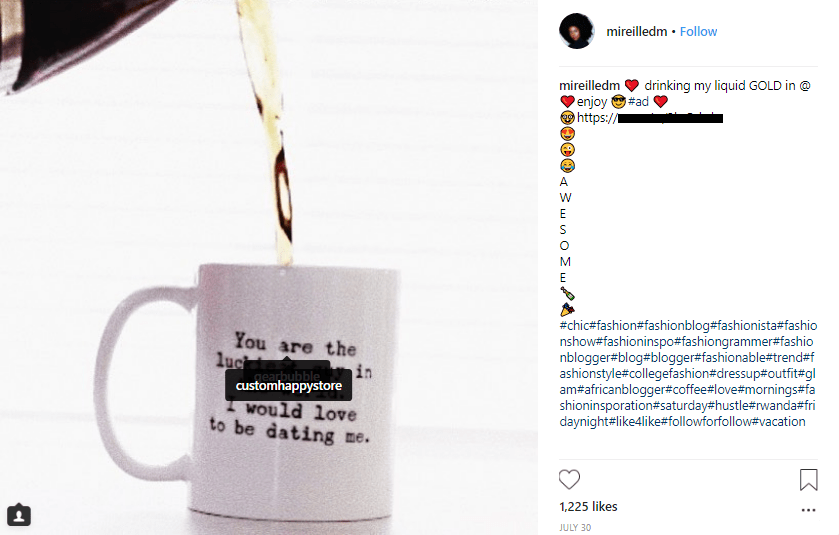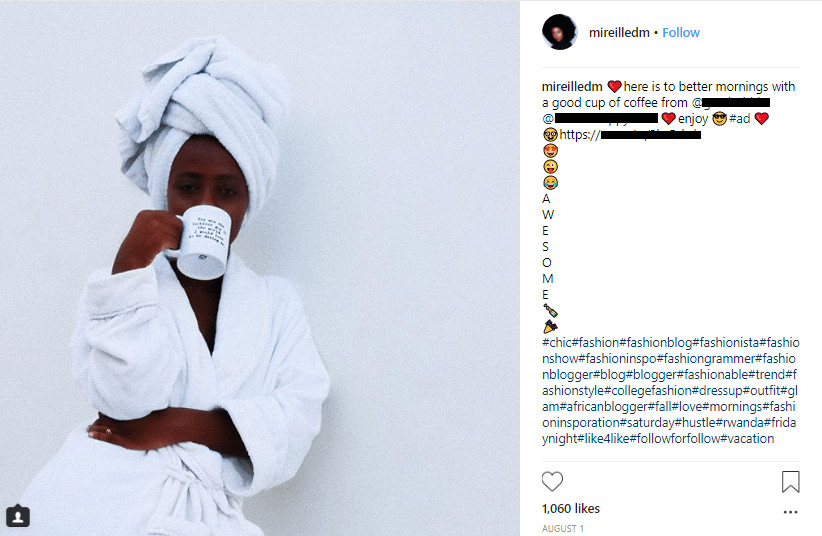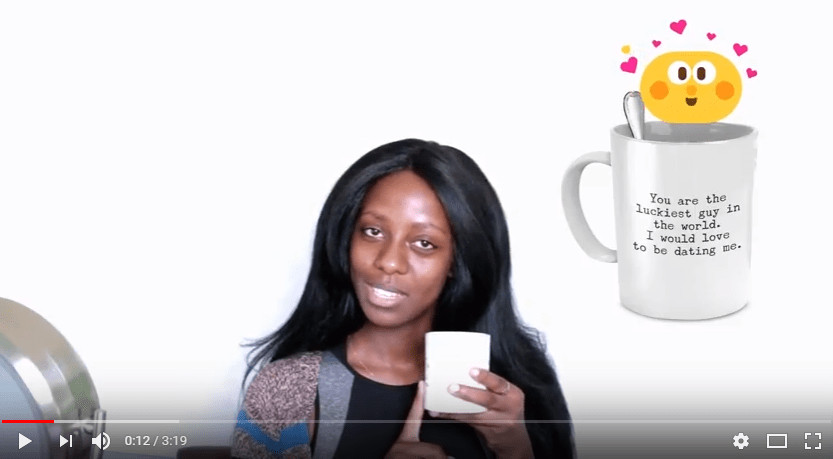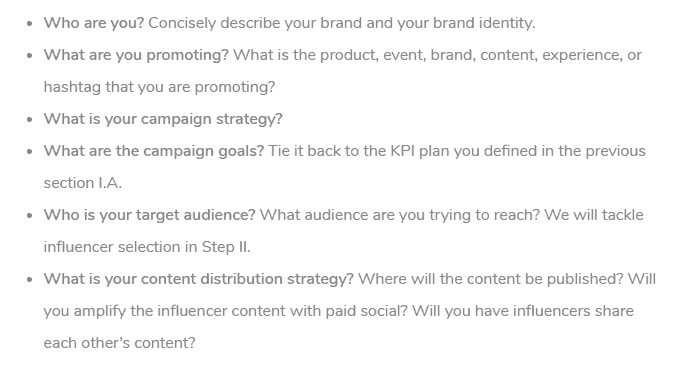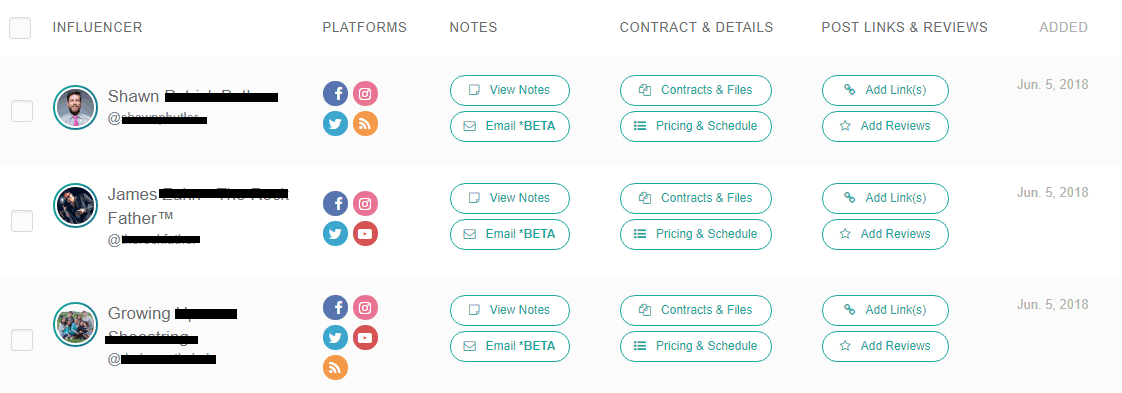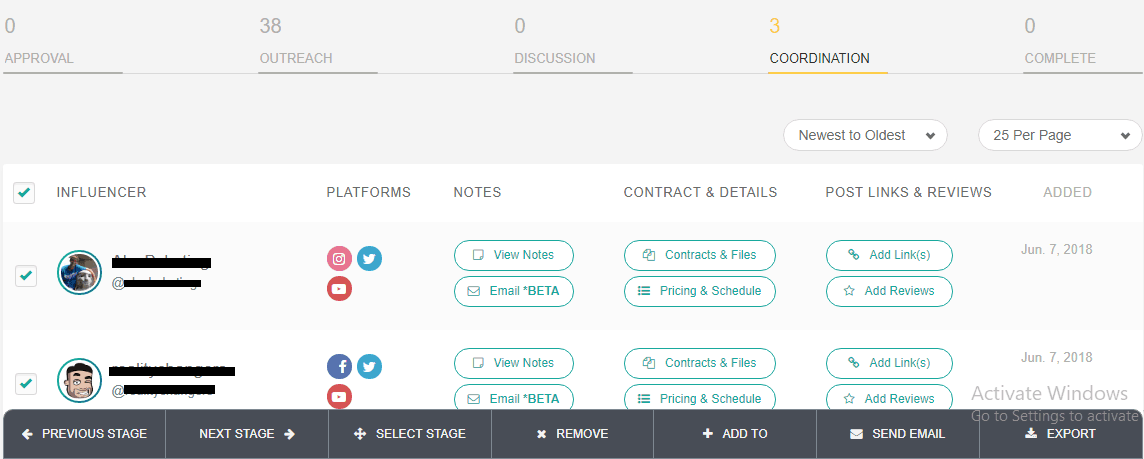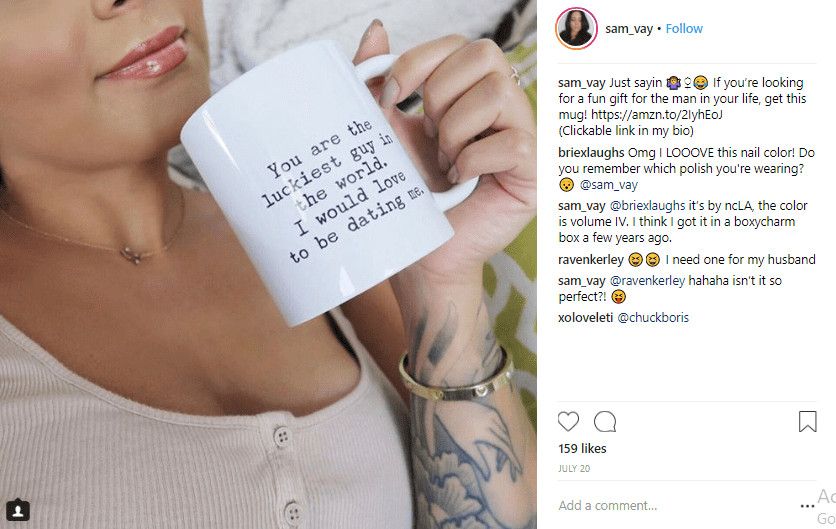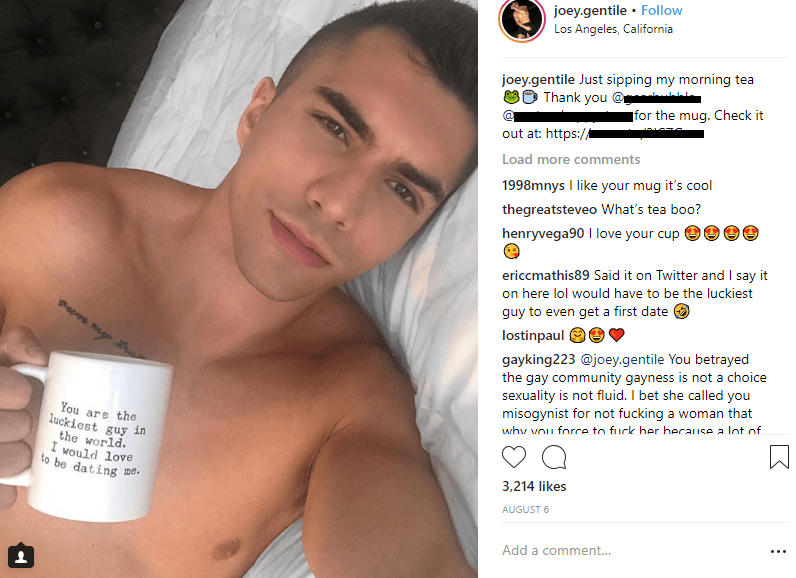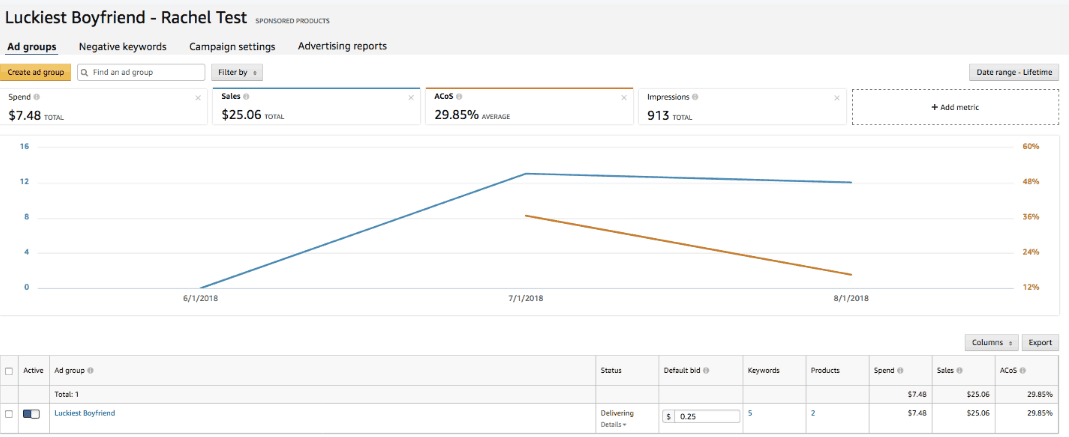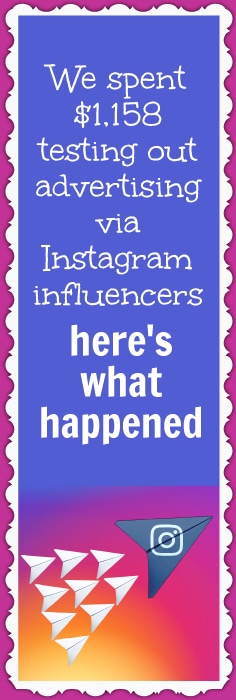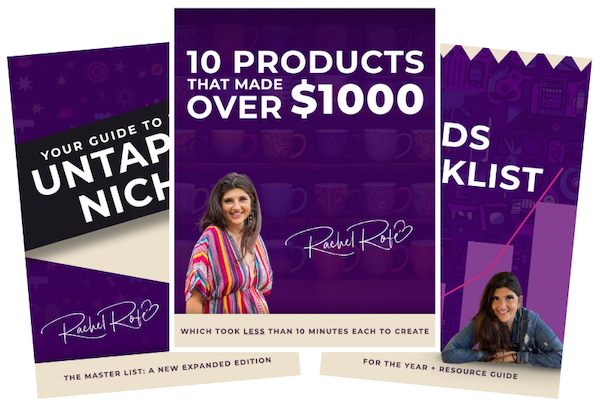For a while now, I’ve wondered how effective Instagram influencers are in selling items.
We’ve done a few tests in the past and got great results from sending out free samples, so I was curious what would happen if we worked with legit Instagram influencer platforms to sell mugs.
My assistant and I did some research, and decided to do a case study.
We tested out 3 different influencer marketing platforms and tracked all data so we could see what the bottom-line results were from each site.
Spoiler alert: the results were a bit disappointing. You can scroll down to the results section if you’d like to see what happened.
And while I’m not in love with what happened, I do believe there’s still value in going over the ins and outs of this case study, starting with…
- how much I spent to use each platform
- next, talking about the top three influencer marketing platforms that I found
- then, going over how to get started with each platform
- and lastly, detailing the results that I got.
Let’s dive in…
Here’s the scoop on 3 influencer marketing platforms I recently tried
Before choosing three influencer marketing platforms to case study I did a lot of research about a variety of other platforms, weighing the pros and cons of each, including how much each platform cost to use.
In the end, I chose three platforms I thought had potential, even for brands just starting out. The platforms I picked were…
I wanted to use each platform to promote the same white 11 oz white coffee mug in the relationships niche.
Here’s what I spent on each platform…
I’ll get into how to use each platform and what my results were further below. But first, I want to go over each platform’s cost.
UnityInfluence
UnityInfluence costs $299 to run one campaign for one month. If you plan to use the platform on an ongoing basis, however, starter pricing is available for $199 a month.
I worked with one influencer on the platform and I didn’t need to pay her any additional fees.
Total spent: $299
FameBit
FameBit doesn’t require a monthly fee. Pricing depends on the social media platform on which you want to promote (e.g. YouTube, Instagram, etc.). The payment model is based on a flat-rate fee and affiliate commission; product-only compensation is not allowed.
According to the FAQ, “FameBit charges a 10% fee when hiring an influencer. For example, if you hire a YouTuber for $100, the actual charge upon the completed campaign will be $110.”
The minimum spend for YouTube content is $50, and for all other platforms (Facebook, Instagram, Twitter, Tumblr), it’s $25.
I ended up working with three Famebit influencers — one cost $85, another cost $100, and the third person cost $75.
Total spent: $260
NeoReach
Pricing starts at $399 a month for individual specialists, up to 2 users. And while NeoReach normally doesn’t allow people to use the platform for a one-month trial, one of NeoReach’s representatives was willing to work with me and allowed me to do so.
So to use the service for one month, it cost $399. That fee was just to use the platform, however. I still had to set a budget (I went with $100) for what I would be willing to pay each influencer I worked with (I worked with two).
Total spent: $599
How to use UnityInfluence, FameBit, and NeoReach
Unity Influence
Signup process: Quick and easy.
Number of influencers: According to the website, Unity Influence has over 70,000 verified influencers in a variety of categories for brands to work with.
Does it work if you’re brand new, or do you need a big budget: When I got in touch with Unity Influence, here’s what they said: “We make it affordable to do influencer marketing. We start at $199 with no annual contracts or hidden fees.”
How to use the platform: Unity Influence is very easy to use and intuitive to navigate. Here’s an overview of the steps involved with getting started:
- Start by entering the campaign details: the campaign’s name, its launch date, and a UTM code (if you have it) to track your campaign’s performance with Google Analytics.
- Specify whether you’re promoting a physical or digital product and fill in information like product name, value, a short description, user action, website, etc.
- Provide details about your audience, like what you see below.
- Input your social post details.
- Select the pricing option you want to go with.
As previously noted, I went with the one-time fee of $299 to run one campaign.
After making my payment, I was contacted by a UnityInfluence rep named Summer, who basically guided me the whole rest of the way.
A couple of weeks after signing up, Summer emailed me telling me that the influencer who was chosen to work on my campaign had uploaded the content and I was now able to preview it before the influencer posted it to Instagram.
From there, I had to choose which image I wanted to appear first on the image carousel. Then, I reviewed the caption she was planning to include with the post and told her the link and tags I wanted to add.
Once the influencer created the Instagram post, Summer contacted me again to give me the link so I could make sure everything looked good.
My results:
Instagram influencer
As you can see, the post got 980 likes and quite a few comments.
Thoughts: Hands down, UnityInfluence was the easiest influencer marketing platform to use. After signing up, I barely had to do a thing besides check in every day for a few days while the campaign was getting set up.
FameBit
Signup process: Quick and easy.
Number of influencers: Over 40,000 in a wide variety of niches.
Does it work if you’re brand new, or do you need a big budget: FameBit is an excellent option for anyone who is just starting out. It has the lowest minimum-spends of all the other platforms I talked to and tried.
How to use the platform: Here’s an overview of how to get started with the FameBit platform:
- After creating an account and logging in, click at the top where it says Campaigns.
- Click the Create Campaign button.
- Make your social media channel selection (I did Instagram).
- Click Next.
- Tell FameBit about the product or service you want to promote (e.g. product category, URL, photo). Here, you also stipulate whether or not you’ll be shipping a product sample to the influencers (you really should do this).
- Write a brief description of your product or service and click Next.
- Specify your campaign details (e.g. campaign title, brand description, campaign goals, campaign listing duration).
- Describe your target audience (e.g. gender, age range, country).
- Set your budget and click Next.
- Review your campaign and click Submit for approval. FameBit says this generally takes 1-2 days, but it took a bit longer in my case.
Once your campaign is approved, you should start getting emails from interested influencers with proposals, including proposal details and the influencer’s proposed price.
When you click the View Proposal button in the email, you can see stats like…
If you want, you can also request changes to proposals, ask questions, decline, or hire the influencers.
Once you select one or more influencers to work with, you’re able to communicate with them in the Workroom, where you can check on their progress and make sure the campaign is proceeding according to schedule.
All three of the influencers I worked with were great with communication and keeping me up-to-date, especially influencer #3.
My results:
Instagram influencer 1 – Fee $85
This post got 2,012 likes and a number of comments.
Instagram influencer 2 – Fee $100
This post has received 22,726 likes and almost 500 comments!
Instagram influencer 3 – Fee $75
This influencer was a delight to work with and she really went above and beyond, posting not one but three photos to Instagram. Check them out below.
Post 1 – 943 likes
Post 2 – 1,225 likes
Post 3 – 1,060 likes
This influencer also posted a video featuring my coffee mug. It’s received only 8 views so far, which is a bummer. But the influencer did offer to devote half her fee to promoting the video so maybe the view count will go up after she gets going with that.
Thoughts: FameBit is definitely the most cost-effective platform of the three I tried. I loved seeing an array of influencers at a variety of price points. And it was great having the influencers come to me pitching themselves and their services instead of the other way around.
NeoReach
Signup process: Fairly easy but not as intuitive as the other platforms.
Number of influencers: There are around 6 million micro and macro influencers in the NeoReach community.
Does it work if you’re brand new, or do you need a big budget: Pricing is more expensive than the other two platforms. But when we contacted supported, we were told, “NeoReach has worked perfect for brands just starting out, having worked with startups all the way through Fortune 500 companies.”
How to use the platform: The process of using NeoReach is a bit more involved than the other two platforms. Here’s how it worked:
- After creating an account and signing in, click Campaigns.
- Then, click Create Campaign.
- Fill in your campaign details, including campaign title, customer name (your name), influencer compensation, budget, and start and end dates.
- Then, create a campaign brief (this should include clear messaging and goals — see below).
- Adjust your privacy settings and IMV formula (if you want — I just left these as the defaults).
- Click Save.
After creating your campaign, you need to research influencers and get in touch, letting the influencers know what you’re looking for to see if they want to work with you.
To search for influencers, click on the Influencers button. Here, you’ll be able to narrow your search by things like…
- age
- gender
- location
- interests
- language
- marital status
- parental status
- occupation
- income
- social platform
- and more.
You can also refine your search by limiting it to only influencers who include specific keywords in their profiles.
When you find influencers you like, you can either…
- Click the blue plus sign button. Then, you can add those influencers to a list (which you create by clicking the Lists button at the top, then Create List), your campaign, or to a network.
- Or, you can check the box at the top left-hand corner of the influencer’s box and click either the Add To or Export Influencers button at the bottom.
After adding influencers to your campaign, you can reach out via email (just click the Campaign button and you’ll be able to find all the added influencers).
Click the Email *BETA buttons for each influence to send them an email.
Here is an email template you can use:
Hey [first name],
I’m reaching out via NeoReach in search of an influencer to promote my [product you’re promoting].
You can check the [your product] out here: [your product’s URL].
Ideally, I’d like someone to either post a photo of the [your product] on their [social media platform — e.g. Instagram] or create a(n) [type of content you want — e.g. an unboxing video] to be posted on their [social media platform — e.g. YouTube channel].
My budget for the campaign is [your budget — e.g. $100].
If you’re interested, please let me know and I will get you a [your product] sample sent out right away. Thanks!
Best,
[your name]
NOTE: You may need to follow-up a couple of times before hearing back from influencers. Also, you’ll need to check in with your NeoReach account regularly to see if you have any responses, as NeoReach doesn’t provide notifications, which was kind of annoying.
Once you get a positive response, you just hash out the details with the influencers in terms of the content they plan to post, any links or tags you want to include, and how to arrange payments. (With each of the NeoReach influencers I worked with, I was able to make payments via Paypal.)
One cool thing about NeoReach is it helps you stay organized by enabling you to move influencers through stages so you can easily keep track of their progress.
And once the influencer completes the agreed upon promotion and has been paid, you can move him or her to the Complete stage and give a review.
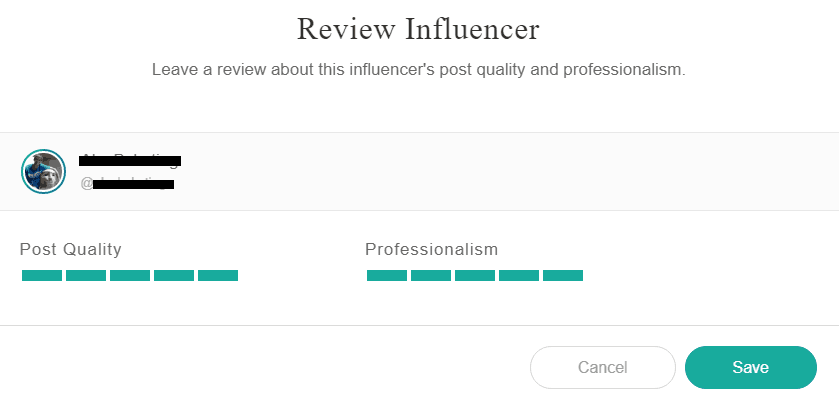
My results:
Instagram influencer 1 – Fee $100
This post got 159 likes.
Instagram influencer 2 – Fee $100
This post got 3,215 likes along with several comments.
Thoughts: After running campaigns with two influencers, I can’t say I’d recommend the NeoReach platform. At $599, I ended spending more to use this platform than the other two and there was a lot to do on my end. So I can’t say that the extra cost was worth it. Plus, the influencers could be hard to get a hold of sometimes, especially with the email feature being in beta.
Here are the results I got…
The total amount I spent to use the three platforms and work with the six influencers was $1,158. I also gave away six coffee mugs valuing around $12.00 each.
And since the first influencer posted, I’ve received seven new sales for the mug that was being promoted. Needless to say, these results are colossally disappointing, especially in light of the number of likes and comments on each of the Instagram posts.
Putting together this case study was a lot of work for next to zero reward. In fact, considering how much I spent to use each platform and work with each influencer, this was a HUGE loss.
Also, I can’t even necessarily attribute all seven of the sales to the influencers…
Five of the sales appear to have come from my coupon promotion (although the same people from Instagram could have used the coupon if Amazon had faulty reporting)…
…and the other two sales appear to have come from ads…
It is possible that Amazon reported incorrectly, but even still I can say assuredly that this case study was a bust. And so, in sum…
- Amazon reporting isn’t crystal clear or accurate.
- I can’t be 100% sure about the results of this case study.
- None of the three influencer marketing platforms I tried were profitable for me.
Closing thoughts…
While the influencers’ promoted content generated barely any new sales, almost all the posts received well over 1,000 likes along with multiple comments. The social proof was there in abundance, which leads me to wonder if perhaps there are other ways to make more sales.
We could possibly test new things like a new niche (I realize the boyfriend mug is a niche-within-a-niche, though I thought it could still be mass appeal enough to make it work), a new design, or more expensive items (to get a faster return on investment).
We could’ve also tried to tailor products specifically to the influencers. I can see arguments for and against using mostly female influencers on this one.
Either way there’s still potential, but it’s not promising enough for me at this moment to keep testing, especially not when my low hanging model makes sales so much easier.
What do you think of influencer marketing and these three platforms? Have you ever tried influencer marketing before? What results did you get? Leave a comment below and let me know your input!


